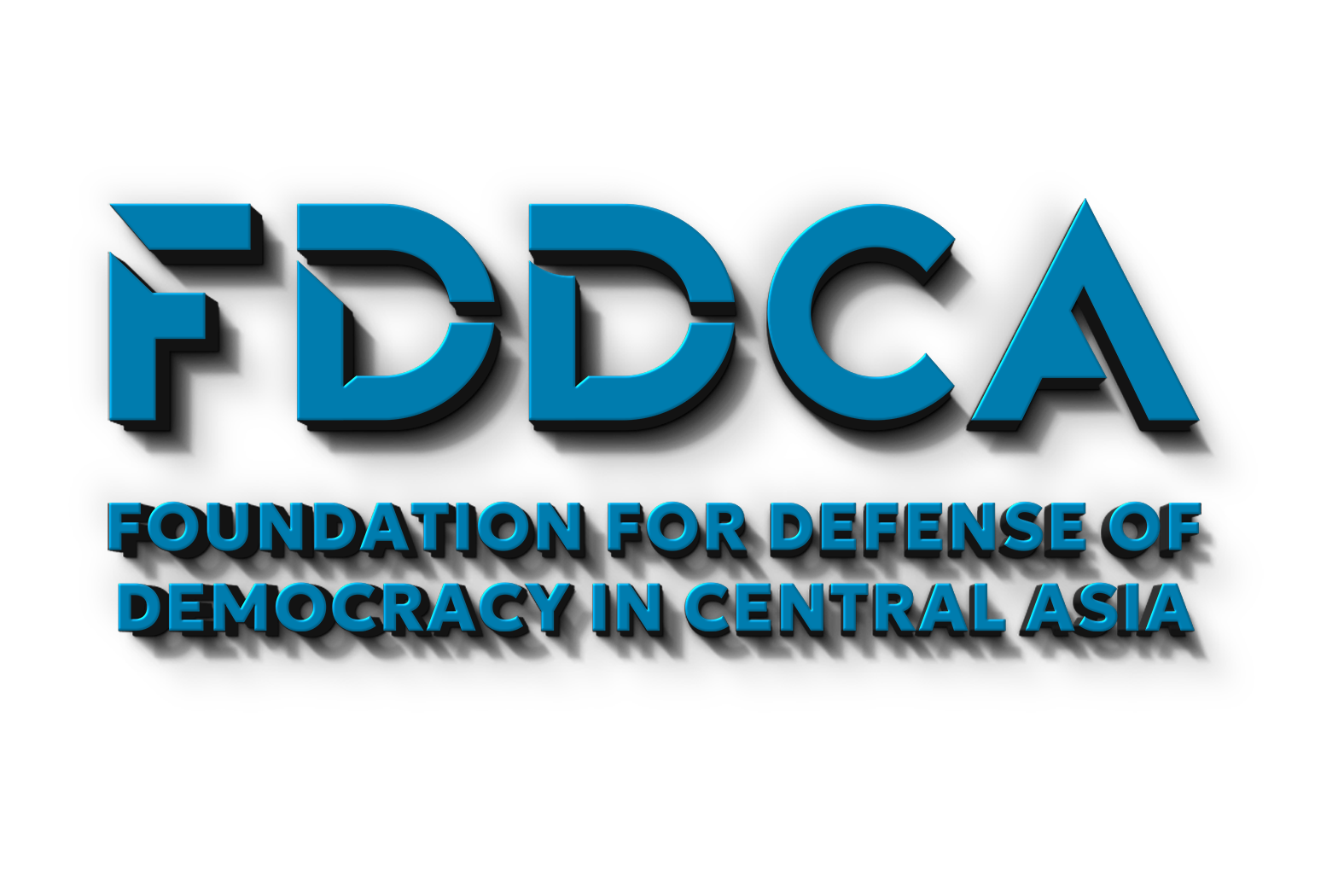“Russia’s Aggression Against Ukraine and Expansion into Central Asia: Challenges for the Caucasus, the Baltic States, and the EU”
Date: May 13, 2025
Venue: Venue: Totorių g. 23, LT-01120, Vilnius, Lithuania
Artis Centrum Hotels.
Organizer: Foundation for the Defense of Democracy in Central Asia (FDDCA)
Languages: English – Russian (simultaneous interpretation provided)
Moderator of the Conference
Maksim Baidak
Vice President of the Foundation for the Defense of Democracy in Central Asia (FDDCA)
09:30 – 09:45
Opening Remarks
Sharofiddin Gadoev
President of the Foundation for the Defense of Democracy in Central Asia (FDDCA);
Leader of the Movement for Reform and Development of Tajikistan
Sharofiddin Gadoev is a prominent Central Asian political leader focused on promoting democratic transformation, protecting human rights, and fostering civil society across the region, with particular emphasis on Tajikistan.
09:45 – 10:15
Premiere Screening
Documentary Film:
“Russia’s Aggression Against Ukraine and Its Impact on Central Asia”
This exclusive documentary presentation highlights Russia’s hybrid warfare tactics and their ripple effects across Central Asia, including threats to sovereignty, democratic backsliding, and geopolitical destabilization.
10:15 – 10:35
Keynote Address
Sébastien Peyrouse
Research Professor of International Affairs, Institute for European, Russian and Eurasian Studies (IERES), George Washington University, Washington, DC
Sébastien Peyrouse is a leading scholar in Central Asian studies. His expertise encompasses political systems, religious minorities, and the region’s evolving relations with China, India, and South Asia. He is also affiliated with FRIDE and the Institute for International and Strategic Relations in Paris.
10:40 – 11:00
Presentation
Temur Umarov
Research Fellow, Carnegie Russia Eurasia Center, Berlin
Temur Umarov’s research focuses on the domestic and foreign policy dynamics of Central Asian states, including the strategic influence of China and Russia in post-Soviet regions.
11:00 – 11:20
Presentation
Farid Tukhbatullin
Head of the Turkmen Initiative for Human Rights, Vienna
A veteran human rights defender, Tukhbatullin leads regional efforts to monitor state repression in Turkmenistan and promote freedom of expression and democratic norms throughout Central Asia.
11:20 – 11:35
Presentation
Rakhmonov Abdusami
Human Rights Defender and Political Analyst, Uzbekistan
Rakhmonov Abdusami specializes in the study of political reforms in the post-Soviet space. His work focuses on civic resilience, democratic governance, and legal accountability in authoritarian contexts.
11:35 – 11:45
Presentation
Muazzamakhon Kadyrova
Human Rights Lawyer, Tajikistan
Kadyrova is internationally recognized for her legal defense of political prisoners and her advocacy for rule of law and civil liberties in Tajikistan. Her career is rooted in confronting legal repression and advancing human rights.
11:45 – 12:00
Presentation
Egidijus Papečkys
Military Historian, Doctor of Philosophy (PhD), Klaipėda University, Lithuania
Papečkys is a noted expert on Baltic defense history and security policy. His research focuses on the evolution of national defense institutions in Lithuania and broader regional security developments since the Cold War.
12:00 – 12:15
Presentation
Maksim Baidak
Vice President of the Foundation for the Defense of Democracy in Central Asia (FDDCA)
Baidak is a public intellectual and political analyst with experience in Russia, Ukraine, and the Islamic world. His work addresses international law, authoritarianism, and national resistance movements. He is also active in democratic media and policy research.
12:15 – 12:25
Presentation
Halil Ibrahim Ak
Civil Society Advocate, Turkey
Ak specializes in civil diplomacy and regional geopolitics, particularly in the Turkic world and Central Asia. His presentation is titled:
“Turkey’s Strategic Role in Central Asia: Civil Diplomacy and Geopolitical Balance from 1991 to 2025 and Beyond.”
⸻
12:30 – 13:00
Lunch and Informal Discussion
A light lunch will be served. Participants are encouraged to engage in informal networking and dialogue.
13:00 – 16:00
Open Discussion Panel and Final Declaration
This interactive session will feature commentary and short interventions from additional guests and Lithuanian experts.
Topics include regional security, democratic cooperation, and countering authoritarian influence.
The session will conclude with the adoption of a joint statement condemning Russian aggression and calling for enhanced regional cooperation in defense of democracy and civil society.
17:00
Informal Dinner and Networking
Venue: Tashkent Nr. 1 Uzbek House
Address: Konstitucijos pr. 12, Vilnius, 09309, Lithuania
An informal cultural evening offering participants a chance to deepen relationships and exchange ideas in a relaxed setting.
